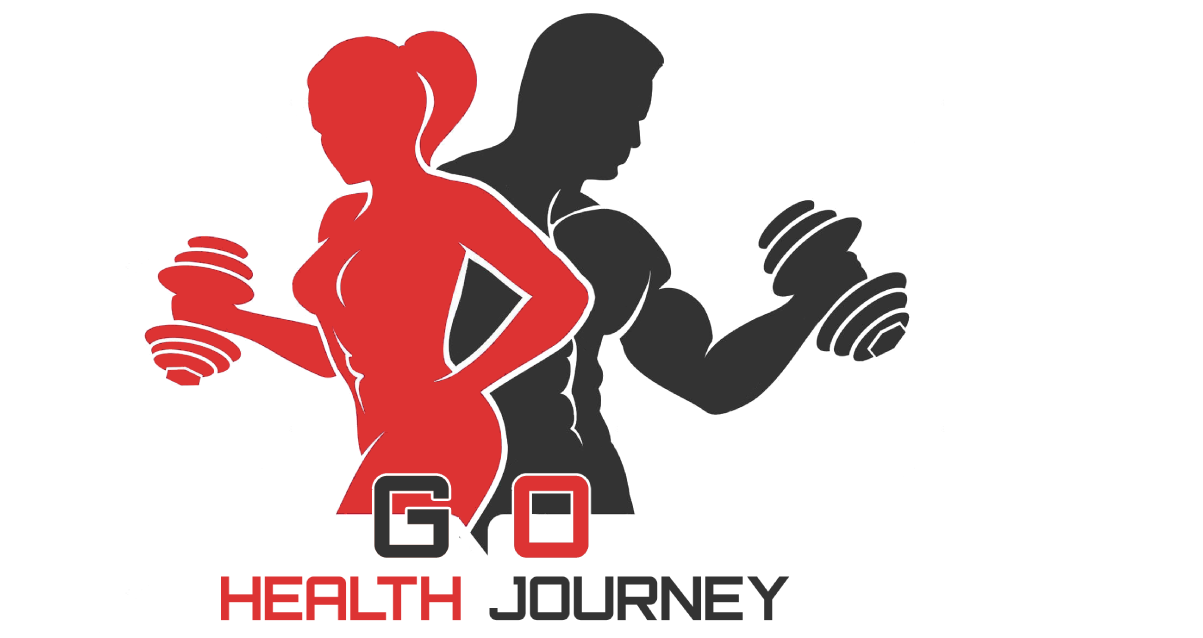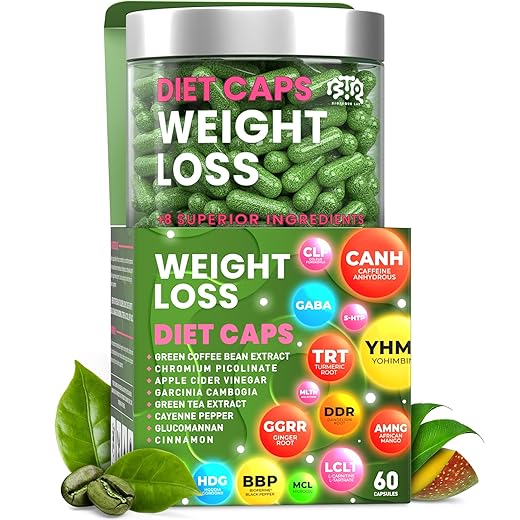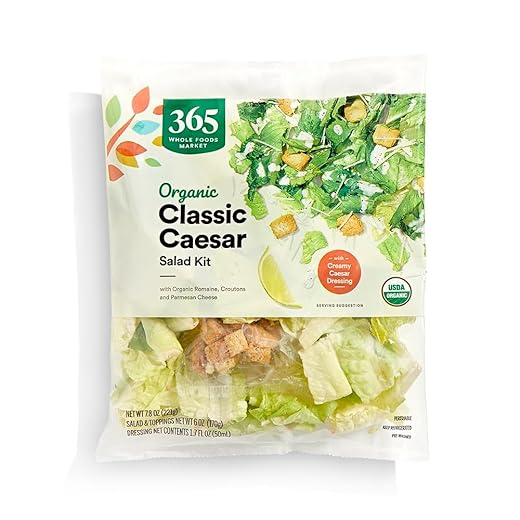In a world filled with choices, it’s crucial to understand the critical debate between supplements and whole foods. This guide will help you prioritize your health by providing practical steps for a balanced life, empowering you to make informed decisions on your health journey.
What You’ll Need
Understanding Your Nutritional Needs
What Do You Really Need for Optimal Health?Assess your dietary habits. Take a moment to reflect on what you eat daily. Keep a food diary for a week. Write down every meal and snack; then evaluate your patterns. Do you consume enough fruits and vegetables? Are you getting enough protein?
Identify your unique requirements. Everyone has different nutritional needs based on age, gender, activity level, and health goals. For instance, an athlete may need more carbohydrates for energy, while someone managing weight might focus on lean proteins and healthy fats.
Consult reliable resources. Use tools like the USDA’s Dietary Guidelines or an app to analyze your nutrient intake. Recognize key nutrients you might be lacking. For example, if your diary reveals little calcium, consider your dairy intake or alternatives.
Listen to your body. Notice how certain foods make you feel. Do you experience energy dips after meals? This could indicate you need more balanced nutrients. Tailor your meals to match these insights, ensuring your body receives everything it needs to thrive.
Exploring Whole Foods
Nature’s Pharmacy: Are Whole Foods the Best Medicine?Incorporate vibrant fruits and vegetables. Fill your plate with a rainbow of colors! Brightly colored fruits and veggies not only look appealing but also provide a wealth of nutrients. For example, berries are rich in antioxidants, while leafy greens like spinach are packed with vitamins A, C, and K.
Opt for whole grains. Choose whole grains such as brown rice, quinoa, and oats over refined options. They deliver fiber, which aids digestion and keeps you feeling full longer. Try swapping white bread for whole grain—your body will thank you!
Include lean proteins. Integrate sources like chicken, fish, beans, and legumes into your meals. These foods offer essential amino acids necessary for muscle repair and growth. Consider a delicious chickpea salad one day and grilled salmon the next to keep your meals exciting!
Stay creative! Experiment with different recipes and cooking methods. You might discover a new favorite dish using whole foods, like a stir-fry packed with vegetables and lean protein.
Adopting whole foods can elevate your health by fueling your body with essential nutrients—all while enjoying flavorful meals!
The Role of Supplements
Can a Pill Replace a Plate? Let’s Find Out!Recognize the purpose of supplements. Understand that supplements can fill specific nutrient gaps in your diet, especially when whole foods aren’t enough. For instance, if you’re vegan, you might consider a vitamin B12 supplement since this nutrient is primarily found in animal products.
Evaluate your health status. Before adding supplements, consider factors like age, lifestyle, and any medical conditions. For example, older adults may benefit from vitamin D and calcium supplements to support bone health. Reflect on your routine: do you have limited access to nutritious foods, or are you recovering from an illness? If so, supplements may help bridge the gap.
Research before you buy. Not all supplements are equal! Choose high-quality brands backed by third-party testing. Look for ones that provide clear information on dosages and ingredients. For instance, omega-3 fish oil can support heart health, but only if taken at the right dosage.
Be cautious of over-reliance. Supplements should never replace whole foods. Overconsumption can lead to toxicity—like excessive vitamin A, which can harm your liver. Use supplements as a supportive tool, not a primary source of nutrition.
Finding Balance Between Both
Are You Missing the Best of Both Worlds?Create your personalized nutrition plan. Begin by integrating whole foods and supplements wisely. For example, if you’re aiming to enhance your omega-3 intake, prioritize fatty fish like salmon in your meals while considering a fish oil supplement on busy days.
Monitor how you feel. Pay attention to your energy levels and overall wellness as you adjust your diet. If adding a greens powder to your morning smoothie gives you a boost, keep it! Conversely, you might find certain supplements don’t benefit you as much—listen to your body’s cues.
Develop meal planning habits. Set aside time each week to plan your meals around whole foods, ensuring you have the nutrients your body craves. Include snacks like whole fruit or nuts instead of processed options. Use supplements strategically, such as taking a multivitamin in the morning to fill any gaps after a hectic day.
Adjust as necessary. Your needs may shift based on lifestyle changes like exercise routines or stress levels. If you start a new workout, revisit your nutrient intake to ensure it complements your goals. Finding your balance means being flexible and understanding how both whole foods and supplements can work together for your health journey.
Making Informed Choices
How to Choose Wisely: Your Health is in Your Hands!Examine labels carefully. When selecting whole foods or supplements, scrutinize the ingredient lists. Aim for products with minimal additives and preservatives. For instance, when buying yogurt, choose plain options with live cultures over flavored varieties packed with sugar and artificial ingredients.
Prioritize fresh produce. Visit local farmers’ markets for seasonal fruits and vegetables. These often taste better and have higher nutrient content than store-bought options. For example, try fresh heirloom tomatoes in a salad rather than canned varieties.
Choose reputable brands. For supplements, look for certifications from organizations like NSF International or US Pharmacopeia. These ensure quality and potency. When buying protein powder, a brand with a reputation for purity can safeguard you from harmful contaminants.
Seek professional advice. Consult a registered dietitian or nutritionist when uncertain. They can guide you through personal health needs based on your lifestyle and dietary preferences. They might recommend specific whole foods or supplements tailored to your unique situation, helping you make confident choices on your health journey.
Stay curious and adaptable. Explore new recipes or supplement options that fit your evolving preferences. Just as your health journey matures, so can your approach to nutrition!
Your Health, Your Rules
With the knowledge you’ve gained, it’s time to tailor your health journey to fit your unique needs. Remember, your choices shape your well-being—what will you prioritize today to enhance your vitality for tomorrow?






















Okay, but can we talk about how pricey whole foods can be? As a student, it’s tough. Any tips for making whole foods more affordable?
Great question, Anna! Shopping seasonal and local can help save costs.
And using frozen fruits and veggies can be a game changer!
Prepping meals in bulk also helps stretch your budget!
Honestly, I was hoping this guide would just tell me what to do. I get lost in the info sometimes! Can you make it simpler? 🤔
Thanks for the feedback, Daniel! We’ll think about making it more straightforward.
Yeah, I can relate. It’s overwhelming all this info!
Less info, more action! I want results!
I’ve been trying to incorporate more whole foods lately. The recipes you suggested were fab! 🍓🍽️ Can’t wait to try your stir-fry one!
Thanks, Olivia! Let us know how it turns out!
I’m curious about that stir-fry too!
I loved the ‘Your Health, Your Rules’ section! It’s so true for everyone. We should really own our choices and not follow trends. 🌱✌️ Anyone else feels this way?
Exactly, Rachel! Personalization is essential in health.
Totally! We gotta do what works for us individually.
This guide was super helpful! I never knew the difference between whole foods and supplements could be so impactful. I’m totally on the whole foods train now! 🥦💚 Just feel better about what I’m putting in my body. Thanks for breaking it down!
Right? It really puts things into perspective. Whole foods feel way more satisfying to me!
Thank you, Emma! Happy to hear you found it useful!
I still think supplements have their place, especially for busy people like me. Can’t always have a salad for lunch, you know? 😂 Anyone else feel that way?
I hear you, John! Moderation, right?
True, but I wonder if relying too much on them is a bad idea…
I get that! Sometimes a quick protein shake is just what you need!
We understand, Mike! Finding that balance is key.
Loved this guide! I thought I was doing great just with my supplements, but now I see it’s so much more! Fighting my cravings has been easier too since I started focusing more on whole foods. Who would’ve thought? 💪
That’s awesome, Charlotte! Keep it up!
I relate! Cravings can be tricky, but whole foods do help!
Seriously, I have no idea why anyone would pick a supplement over a delicious avocado. 😂 Whole foods for life!
Exactly, Tommy! Whole foods are not only more nutritious but taste way better!
Haha, right?! Avocados make everything better!
I’m skeptical about supplements. A lot of them just seem like gimmicks. 🤷♂️ Whole foods all the way! Thoughts on that?
I think it really depends on the quality of the supplements. Some can be great!
Exactly, not all supplements are bad. Do your research!
Good point, Peter! Quality over quantity is vital.